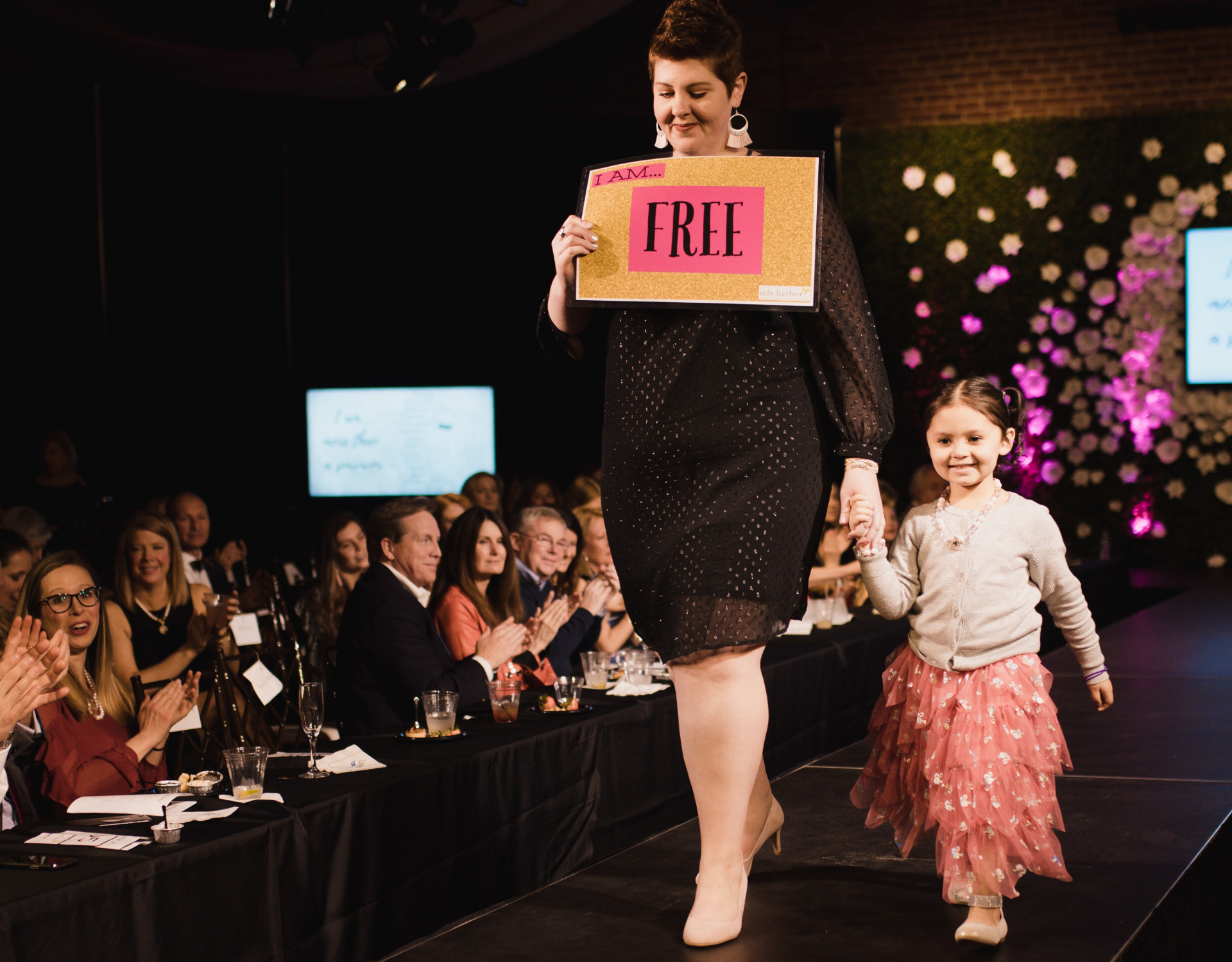This morning, I spoke with a woman named “Sally” over our crisis line who was seeking counseling with Safe Harbor after experiencing over 7 years of abuse in a relationship. She spoke to me in the same hesitant tone that many victims seem to have when they first share their stories with us. As Sally shared stories of the frightening cycle of emotional and physical abuse that she was experiencing in her relationship, she was simultaneously expressing her own personal shame. Sally shared with me that she had never talked with anyone about the abuse she had experienced until this point. Despite the fact that Sally had loving relationships with her family and trusted friends, she had told no one about the time that her partner had stabbed her in her leg with a knife; about the time when he threw her down a flight of stairs; about the time that he assaulted her in the parking lot of her workplace and threatened to kill her. Sally shared with me that she was too ashamed, too embarrassed, too afraid to share her story with others, especially her friends and family. She told me that she felt so alone, feeling that she was the only person that she knew who had experienced domestic violence and thinking that no one else would ever understand her.
As I spoke with Sally on this last day of Domestic Violence Awareness Month, I was reminded of why domestic violence is such a forgotten issue in our communities and our world. Even though statistics show that 1 out of every 4 women are affected by violence in a relationship in the United States, it is also one of the most silent issues in our society. Why? Off the top of my head, I can think of three major reasons:
1) Guilt – Victims of domestic violence are not being abused by a stranger. Instead, the perpetrator of abuse is an intimate partner – he may be her spouse, the father of her children, the person who controls the finances in the household, and/or the person with whom she lives. Therefore, when a victim of domestic violence is being abused, what options does she have? If she calls the police, will her partner go to jail and lose his job that they both depend upon for income or have to pay legal fees that she knows they cannot afford? If she chooses to leave, will she be breaking marriage vows that she promised to keep “for better or for worse”? What will she tell her children when they ask where their dad is; when they tell her that they are hungry and she is not sure how she’ll pay for dinner; when they ask why they can no longer afford to buy new shoes?
2) Shame – Despite that victims of domestic violence are not the ones who are causing the abuse to occur, victims are often left feeling ashamed by their situation, making them less likely to speak up or reach out for assistance. If a victim tells the truth about the violence that she is experiencing to her family, friends, church, or neighbors, what will they think of her? Will they judge her for choosing to leave? For choosing to stay? Maybe her family is well-respected in their community and has an image to uphold. Maybe she doesn’t think that anyone else would believe her. Maybe she even starts to wonder if she deserves the abuse that she is experiencing, that maybe it is somehow her fault.
3) Fear – As the cycle of abuse becomes more and more severe in a relationship, fear is often the number one reason why a victim chooses to stay in a violent relationship. Some victims have been threatened by their perpetrator with extreme violence or even death if they try to leave or if they reach out for help. Other perpetrators tell the victim that she will never see her children again or that he will be sure to obtain full custody if she tries to make a change. Sometimes, due to the extreme power and control that the perpetrator exhibits, a victim may not even know how to safely leave a violent relationship without the risk of immense danger.
As Domestic Violence Awareness Month draws to a close on this last day of October, I hope we can remember one thing:
“Domestic violence is not an individual’s problem or a family problem. It is a community problem. So what will WE do about it, as a community?” – wise words from “Jennifer”, a survivor of domestic violence
*** Please note that, while I am using female language in this article to describe victims of domestic violence, Safe Harbor acknowledges that victims of domestic violence can be female or male. According to U.S. statistics, one out of four women are victims of domestic violence, and one out of every thirteen men are victims of domestic violence.




